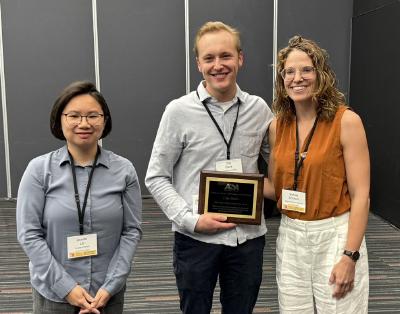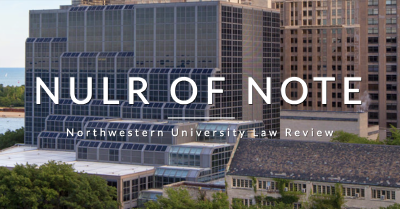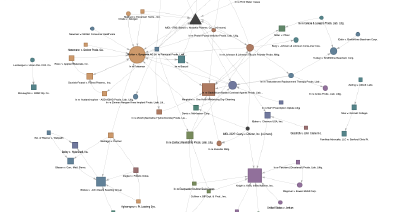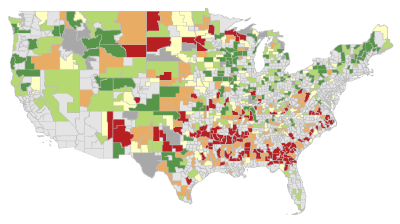My dissertation is about the use of statistical tools in policymaking.
I focus on the method of meta-analysis, which I trace from its origins in psychology, where it was devised to resolve scientific disagreements, to its uptake in domains of policy, where it has been used to resolve political clashes. My research spans three empirical sites—hospitals, global health NGOs, and the US federal courts—where meta-analysis is increasingly used to make decisions. I introduce the concept of “p-value politics” to theorize how meta-analysis and other statistical tools are used to resolve conflict to the detriment of more inclusive processes of deliberation. I recently published material from my dissertation’s empirical chapter on hospitals in Sociology of Health & Illness. In earlier work, which was published in Social Studies of Science, I addressed an open question in the literature on health social movements by showing how lay expertise could be “routinized” over time.
I am a sociologist who studies the politics of expertise in democratic societies.
My dissertation is about the use of statistical tools in policymaking.
I focus on the method of meta-analysis, which I trace from its origins in psychology, where it was devised to resolve scientific disagreements, to its uptake in domains of policy, where it has been used to resolve political clashes. My research spans three empirical sites—hospitals, global health NGOs, and the US federal courts—where meta-analysis is increasingly used to make decisions. I introduce the concept of “p-value politics” to theorize how meta-analysis and other statistical tools are used to resolve conflict to the detriment of more inclusive processes of deliberation. I recently published material from my dissertation’s empirical chapter on hospitals in Sociology of Health & Illness. In earlier work, which was published in Social Studies of Science, I addressed an open question in the literature on health social movements by showing how lay expertise could be “routinized” over time.
My dissertation is about the use of statistical tools in policymaking.
I focus on the method of meta-analysis, which I trace from its origins in psychology, where it was devised to resolve scientific disagreements, to its uptake in domains of policy, where it has been used to resolve political clashes. I introduce the concept of “p-value politics” to theorize how meta-analysis and other statistical tools are used to resolve conflict, often to the detriment of more inclusive processes of deliberation.
My dissertation spans three empirical domains, the first of which is the hospital where, I argue, meta-analysis plays a moral role.
I recently published findings from interviews with surgeons in a Sociology of Health & Illness article in which I argue that hospital actors use meta-analysis to settle debate over what counts as a “good” outcome from surgery.
The second empirical chapter of my dissertation is about the rise of actors in global health called “knowledge brokers.”
Knowledge brokers use meta-analysis to resolve conflicts over where aid money should be allocated. As centralized bodies like the WHO lose funding, I argue, meta-analysis becomes essential for determining which among NGOs’ local interventions is worthy of funding.
I approach my dissertation’s third chapter on the US federal courts with mixed methods.
At the 2025 Law and Society Association Annual Meeting, I presented a quantitative analysis of more than 500 court documents related to meta-analysis. (The cases in my dataset are visualized here.) I found that statisticians, when testifying as experts, are held to contradictory standards. I argue that judges are inconsistent when evaluating meta-analysis not because they lack training in statistics, but because of their focus on the conduct of individual, testifying experts rather than on the process of conducting meta-analysis.
My earlier work focused on health social movements.
In work for my Master’s thesis, which was published in Social Studies of Science, I studied a group of people with type 1 diabetes who engineered an open-source artificial pancreas. My longitudinal digital ethnography of the community filled an important gap in the science & technology studies (STS) literature by showing how lay expertise can be “routinized” over time.
My interest in health social movements dates to my first research project on how contemporary HIV activists engaged with clinical trials of the novel HIV prevention drug PrEP, which also culminated in a Social Studies of Science paper.
In collaboration with Christine Percheski, I am revisiting HIV PrEP in an ongoing quantitative study of the drug’s accessibility. Percheski and I introduce a measure of PrEP uptake that better captures variation in rural US counties where data are sparse. I presented this project at the Interdisciplinary Association for Population Health Science Conference in 2023. Our novel measure is depicted here as an interactive map.
Peer-Reviewed Papers
Recently published journal articles
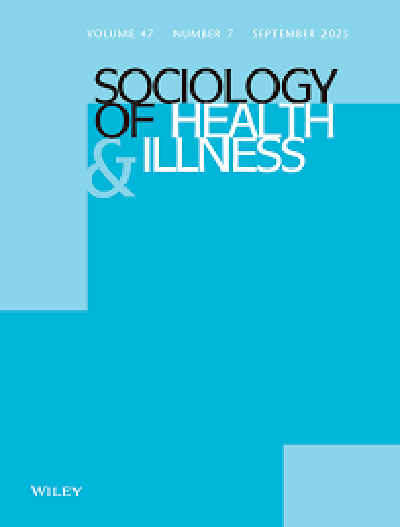
The moral force of guidelines: How surgeons use evidence-based medicine to curb their interventionism
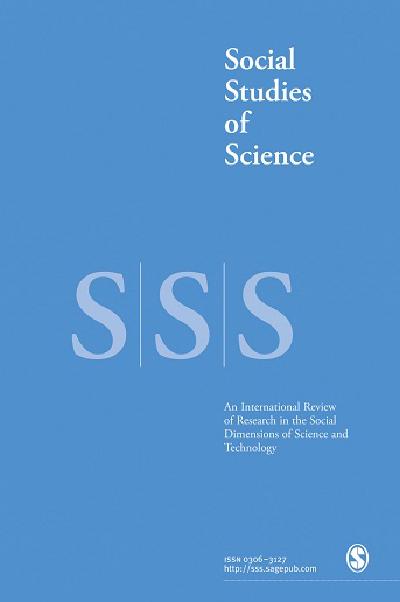
The routinization of lay expertise: A diachronic account of the invention and stabilization of an open-source artificial pancreas
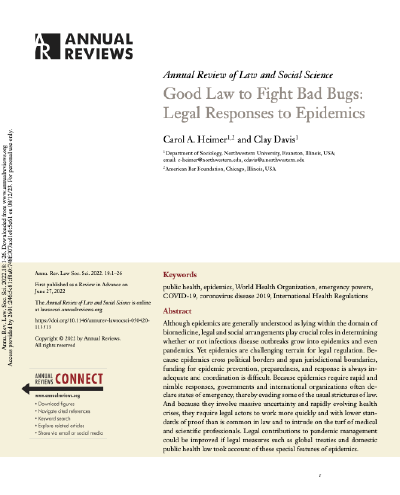
Good Law to Fight Bad Bugs: Legal Responses to Epidemics

Homo adhaerens: Risk and adherence in biomedical HIV prevention research
Essays
Recently published public writing
Awards
A complete list of awards is available on my CV
